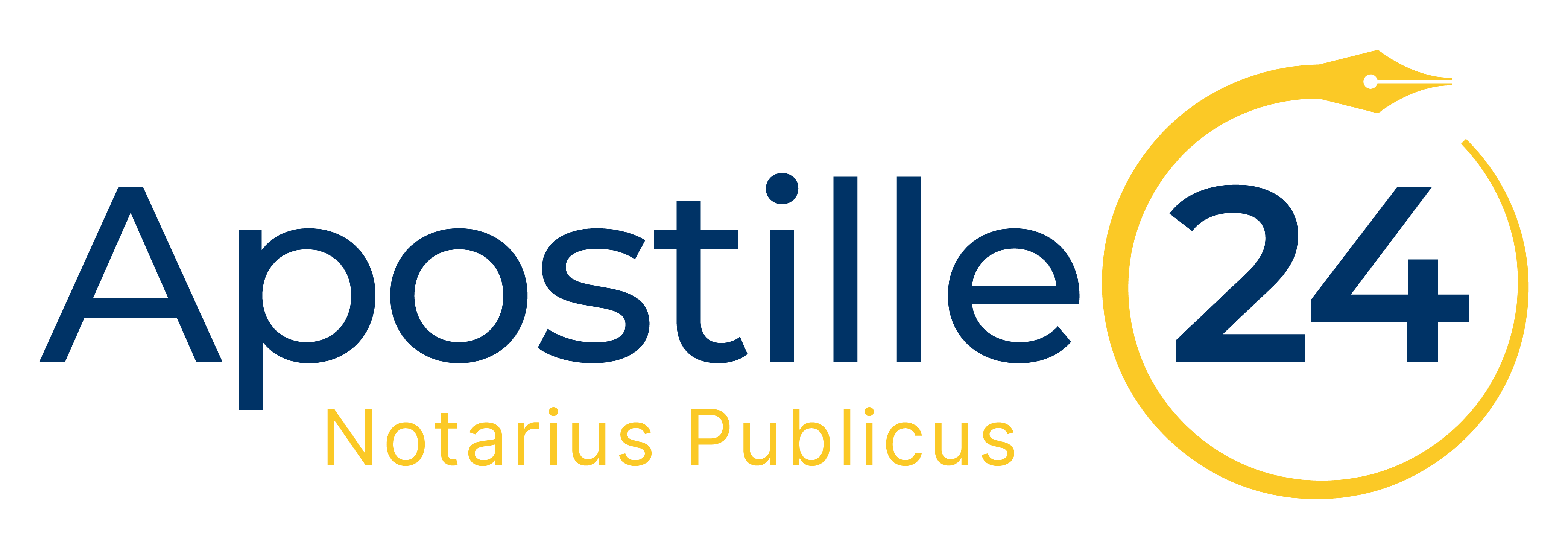Introduction: Purchasing property in Spain is a process filled with excitement and opportunities. Whether it’s for a holiday home or a permanent move, it’s a significant investment that requires a good deal of bureaucratic work, which isn’t always completely easy to navigate. One of the most critical aspects and something that is very common in Spain is the involvement of a Notary Public. In this post, we provide a comprehensive guide on why and how a Notary Public is needed in this process. What is a Notary Public? In Spain, as in many other countries, a Notary Public is a public official whose main purpose is to certify the legitimacy of certain documents. They are legally trained and authorized to issue, witness, and stamp documents to certify their authenticity and legal validity. Simplified, a Notary Public acts as a trusted person who “confirms” that everything is in order with the stamped documents. When and Why is a Notary Public Needed in the Property Process? A Notary Public is always needed in Spain to execute the purchase of a property in Spain. Your broker who you hired will most often help you with this. However, a Swedish Notary Public is also needed, which is important to distinguish between these two procedures.
Spanish Notary Public – how do they help?
- Legal Validation: In Spain, it is mandatory to have a Notary Public when transferring property rights. They review and confirm that the agreement complies with legal requirements.
- Transfer of Ownership: They monitor the signing process and register the property transaction, which is a necessary step for the property to be legally transferred to the buyer.
- Prevention of Fraud: Their presence reduces the risk of fraud and ensures that both parties understand the terms of the agreement.
Swedish Notary Public – how do they help?
- Power of Attorney: When you buy a property in Spain, the most common method is that you write a power of attorney to your broker in Spain to help you execute the purchase. Such power of attorney needs to be signed in front of a Swedish Notary Public to confirm the identity of the one giving the power of attorney. The power of attorney must then be provided with a so-called Notarization and an Apostille.
- Passport Copies: Verified passport copies of the person giving the power of attorney are also often required. These should also be provided with Notarization and Apostille.
- Notarization and Apostille: The broker in Spain wants these documents to be provided with stamps from a Notary Public, which in this case is called Notarization and Apostille. This makes the documents legally valid also in Spain.
Purchasing property in Spain and the bureaucracy it involves is not entirely easy to oversee. Unfortunately, the instructions can sometimes be insufficient and it is not entirely clear what is required of you as a buyer. With support from an experienced Notary Public and the expertise of Apostille24.se, we help you navigate the purchase process and ensure you get everything you need. Our priority is to ensure a smooth and safe transaction for you.
Feel free to contact us at support@apostille24.se or call on 08-502 353 37. We have walk-in services at Kungsgatan 37 every weekday 9-16.

